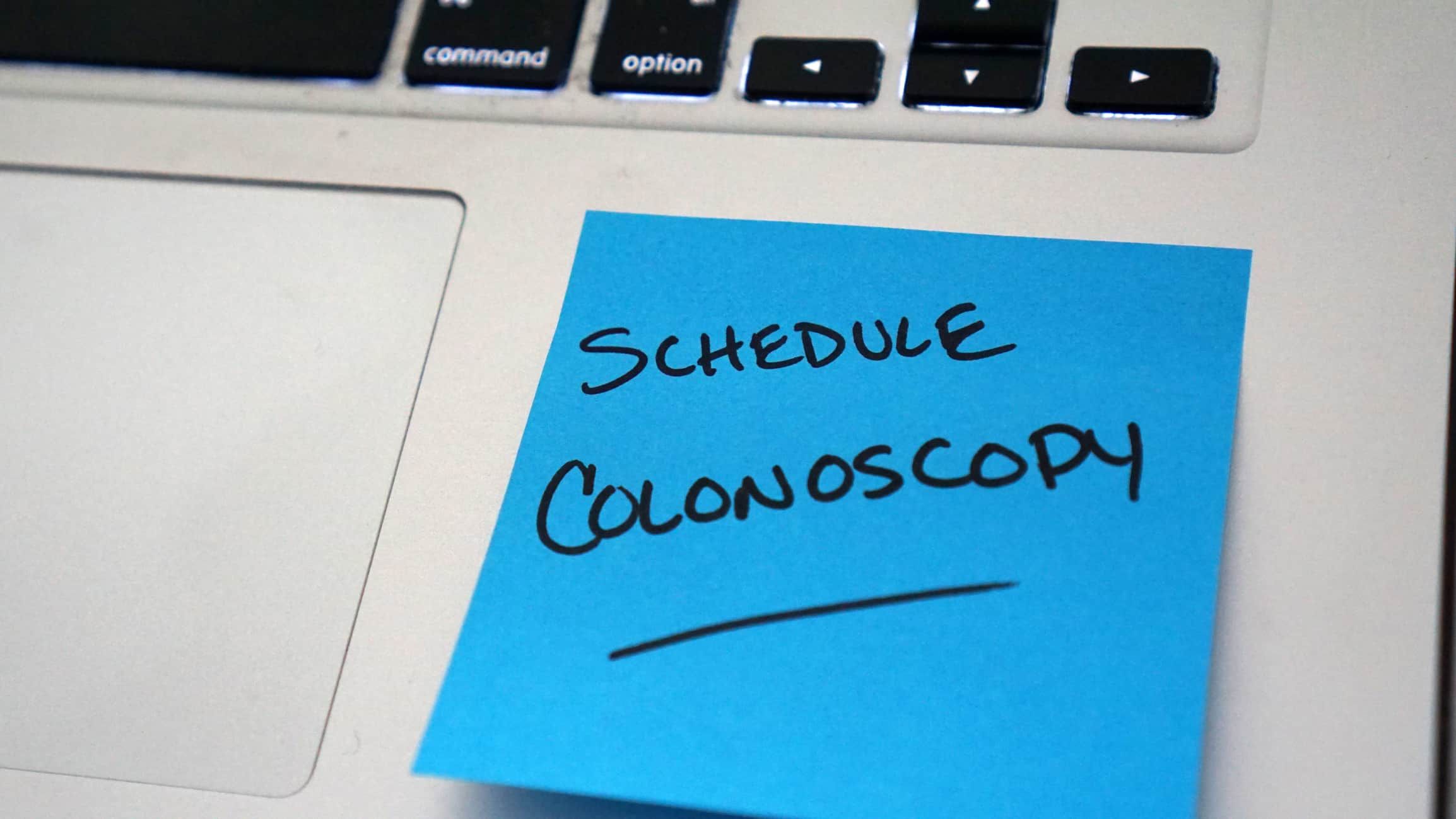Cancer Care
Want to learn more about this at Kettering Health?
While an uncomfortable subject to talk about, March is National Colorectal Cancer Awareness Month, and everyone should understand the importance of colon health and ways to help prevent this type of cancer.
The American Cancer Society reports that, excluding skin cancer, colorectal cancer is the third most common cancer diagnosed in both men and women in the United States. More than 97,000 new colon cancer and over 43,000 new rectal cancer cases are estimated each year.
Dr. Ben Thomas is a Kettering Health-affiliated physician who specializes in gastroenterology. He says that, as we get older, the risk of colorectal cancer increases, so the most important preventative measure is age-appropriate screenings.
“For an average-risk individual with no family history of colon cancer, the guidelines recommend the first screening at age 50,” he explains. “For African-Americans, it starts at age 45, and for anyone with a family history of colon cancer, we start at 40.”
Screenings typically are discontinued past age 75. After 75, the decision is based on the patient’s health and life expectancy.
In addition to age, pre-existing conditions, such as type 2 diabetes or inflammatory bowel disease, can affect your risk. People with these conditions should discuss with their physician an appropriate screening schedule.
For people with no symptoms, screening is the best way to prevent colorectal cancer because screening helps to find cancer in the early stages before it can develop or grow. Multiple methods are used to screen for this cancer, including various tests for blood and DNA in fecal material.
The standard colonoscopy
People generally hear about the more invasive procedures used to detect colon disease. The most commonly known procedure, the standard colonoscopy, is used to spot and identify pre-cancerous growths early and remove them before they can advance.
A long, flexible tube with a camera on the tip, called a colonoscope, is inserted through the rectum. It allows the doctor to visualize the colon’s interior. Colorectal cancer usually begins as a small growth in the colon or rectum called a polyp. Some of the polyps revealed during the colonoscopy are benign; others have the potential to become cancer.
The importance of a colonoscopy in preventing cancer cannot be overstressed, yet people still resist having the procedure. People often avoid colonoscopies because they hear the procedure is uncomfortable.
“Whatever patients may have heard in the past, sedation methods are much better today, and the overall discomfort is minimal,” Dr. Thomas says. “The preparation for the test is probably the most uncomfortable part because you have to drink a lot of the prep fluid, which is essentially a laxative to clean out the gastrointestinal (GI) system.”
But the tests are recommended for a reason. According to Harvard Medical School’s Harvard Health Publishing, patients who had polyps removed during a colonoscopy were 40 percent less likely to develop cancer than those not screened.
When to see your doctor
Everyone has experienced GI distress, such as abdominal pain, cramping, and general discomfort. When those symptoms don’t go away, you should see your doctor. This is especially true if there is blood in your stool, you have inexplicable weight loss, or chronic abdominal pain.
Sometimes these symptoms are associated with common GI problems. The goal, however, is to catch more serious issues before becoming symptomatic.
While it may be the most important preventative measure, screening is not the only way to help reduce the risks of colorectal cancer. Like most other cancers, your lifestyle also can impact the potential for this type of cancer. The risk is higher if you smoke or use alcohol excessively. Regular exercise and a balanced diet can help reduce those risks.











